The U.S. Food and Drug Administration (FDA) has recalled more than 600,000 bottles of the blood pressure drug ramipril after finding possible contamination linked to an unlicensed factory in India.
Over 2.4 million Americans take ramipril each year to help lower blood pressure by relaxing blood vessels and improving heart health. The recall has caused concern for both patients and doctors.

Ramipril, made by Lupin Pharmaceuticals, is sold in three strengths: 2.5 mg, 5 mg, and 10 mg, in bottles of 90, 100, or 500 capsules. The affected products expire in July 2026. The first recall, announced in October, covered only the 5 mg and 10 mg strengths. On November 19, the FDA expanded it to include the 2.5 mg version.
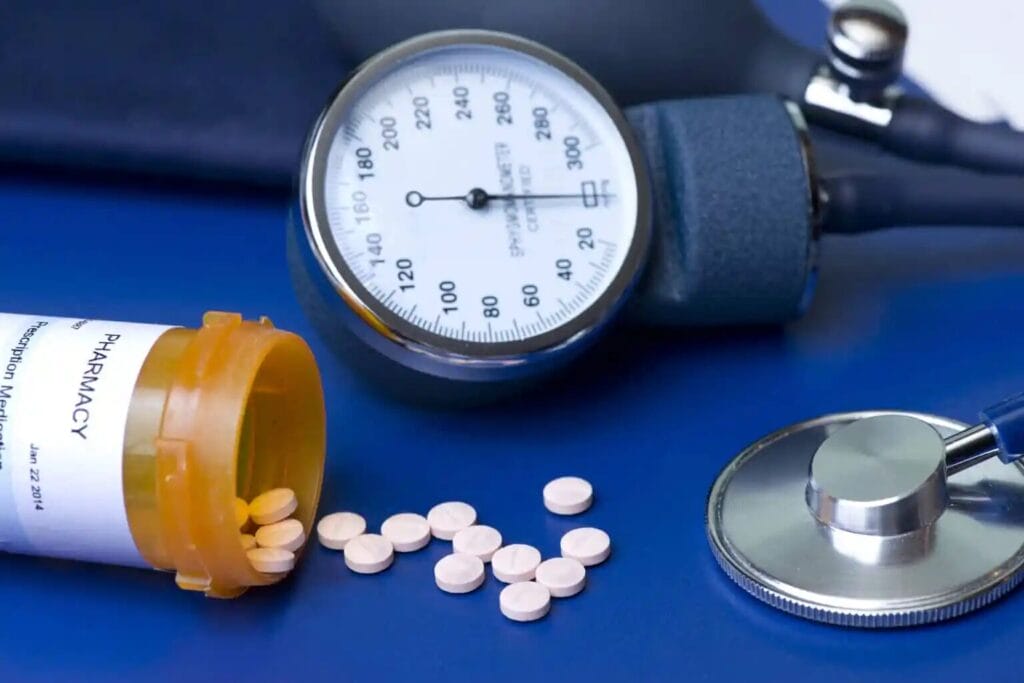
No side effects have been reported so far, but the FDA acted as a precaution. Their investigation found that the drug’s active ingredient came from a factory in Goa, India, that had not received the required inspections or approvals.
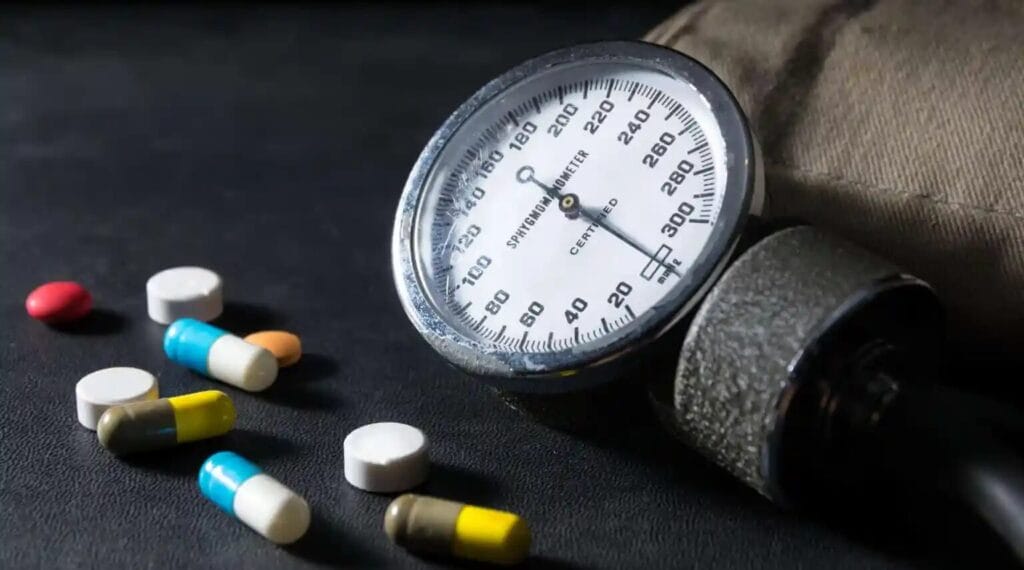
This raised concerns about safety and quality in the drug supply chain. The FDA labeled the recall as Class II, meaning there is a low risk of serious injury or death, but still stressed the need for strict quality control. The contamination is believed to involve tiny amounts of chemicals that could be harmful if taken for a long time. The exact substances have not been disclosed.
The FDA advises patients to check their prescription lot numbers against the list of recalled products on its website. People with affected bottles should follow FDA disposal instructions or return them for a refund.
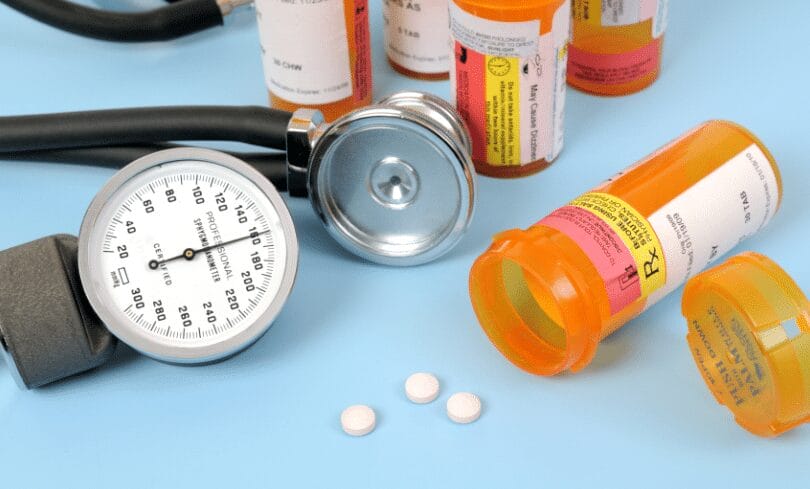
Patients should not stop taking their medication without speaking to their doctor, as this can cause a dangerous rise in blood pressure and increase the risk of heart attack or stroke. Doctors may recommend switching to a different drug or adjusting treatment.
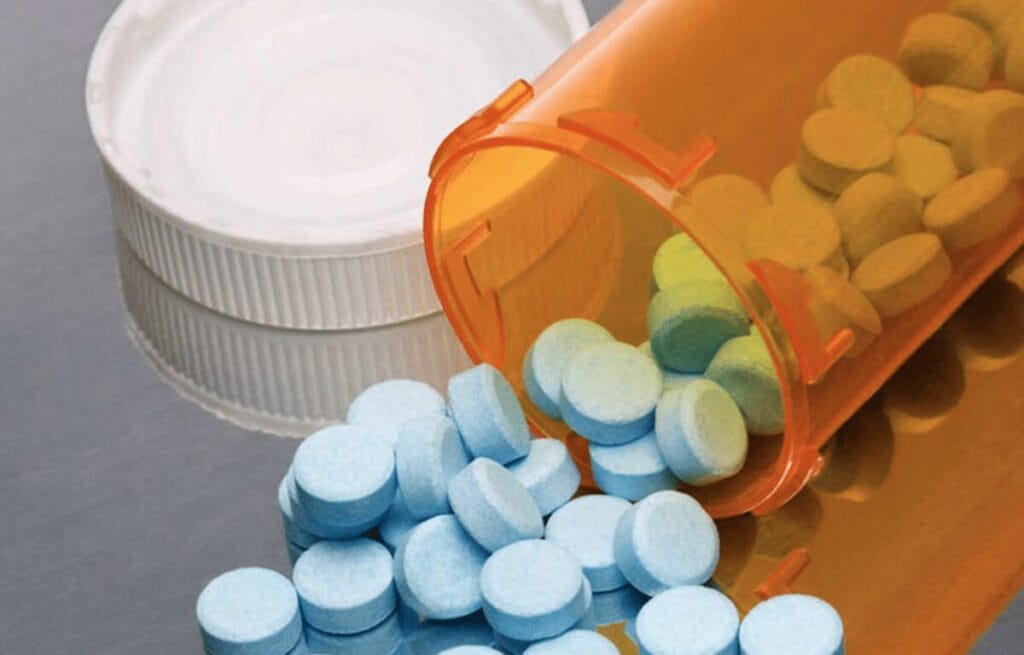
Cardiologist Dr. Emily Carter from New York said, “Patients need to contact their doctors to make sure they move to a safe and effective alternative. This recall shows why we need more transparency in the drug supply chain.”
The ramipril recall is part of a larger pattern of safety problems with some medicines made in India, a major producer of generic drugs. Earlier this year, Dr. Reddy’s Laboratories recalled over 330,000 bottles of cinacalcet, a drug for hyperparathyroidism, after finding possible cancer-causing impurities.

In 2022, contaminated eye drops under brands like EzriCare Artificial Tears caused more than 80 infections, cases of blindness, and four deaths. These cases have pushed for tighter oversight of overseas manufacturing sites.
Drug companies often move production to countries like India and China to lower costs. While this reduces prices, it makes it harder for regulators to ensure safety. Experts warn that even small lapses in quality control can harm public trust and health.
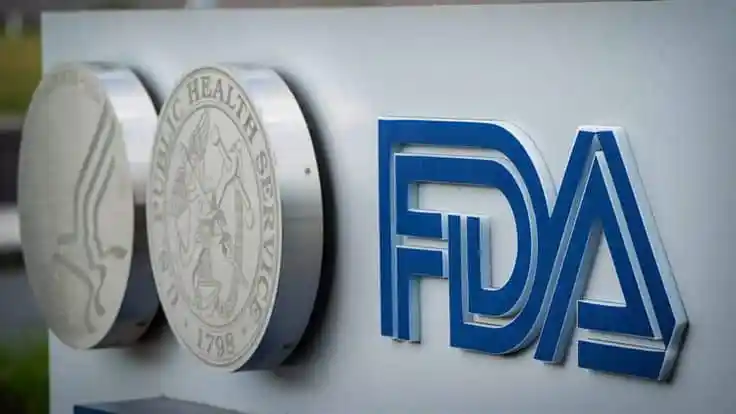
The ramipril case has renewed calls for reform. Suggestions include stricter inspections, better global cooperation, more accountability for companies that break safety rules, and greater transparency in manufacturing.
Pharmaceutical safety expert Dr. Michael Thompson said, “This is a wake-up call for the whole industry. We must hold every part of the supply chain to the highest safety standards.”

Lupin Pharmaceuticals said it is working closely with the FDA to fix the issue, review its supply chain, and improve quality controls. Critics say more must be done to prevent this from happening again.
The recall is a reminder of weaknesses in the global drug supply chain and why strict oversight matters. While the immediate public health risk is considered low, patients should stay informed, check the FDA’s latest recall list, and talk to their doctors if they have concerns.
In the end, the incident highlights the need to protect the safety and reliability of medications for the millions of people who depend on them every day.
